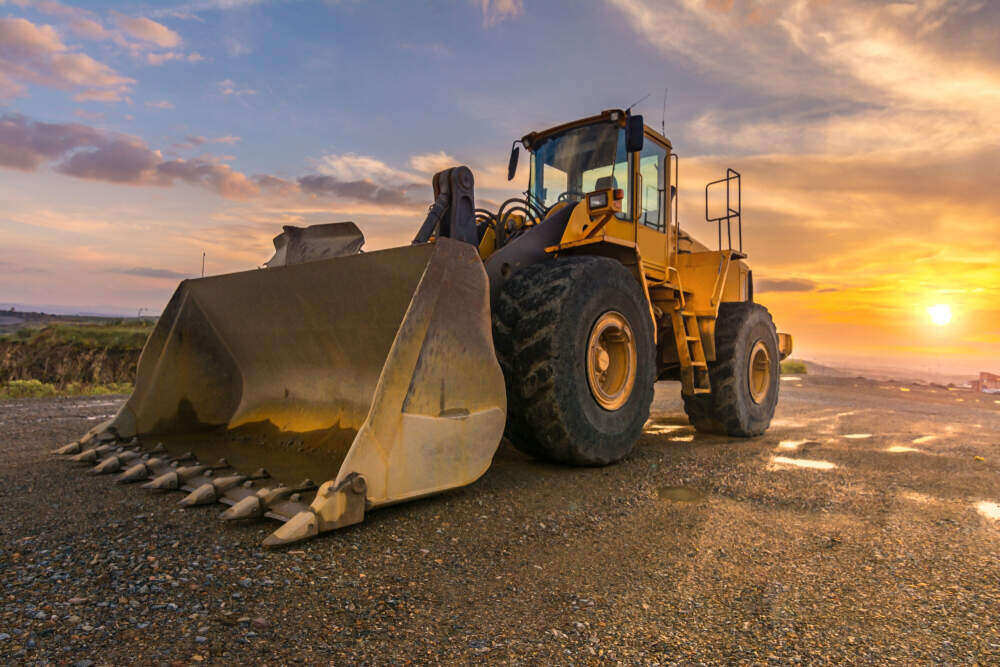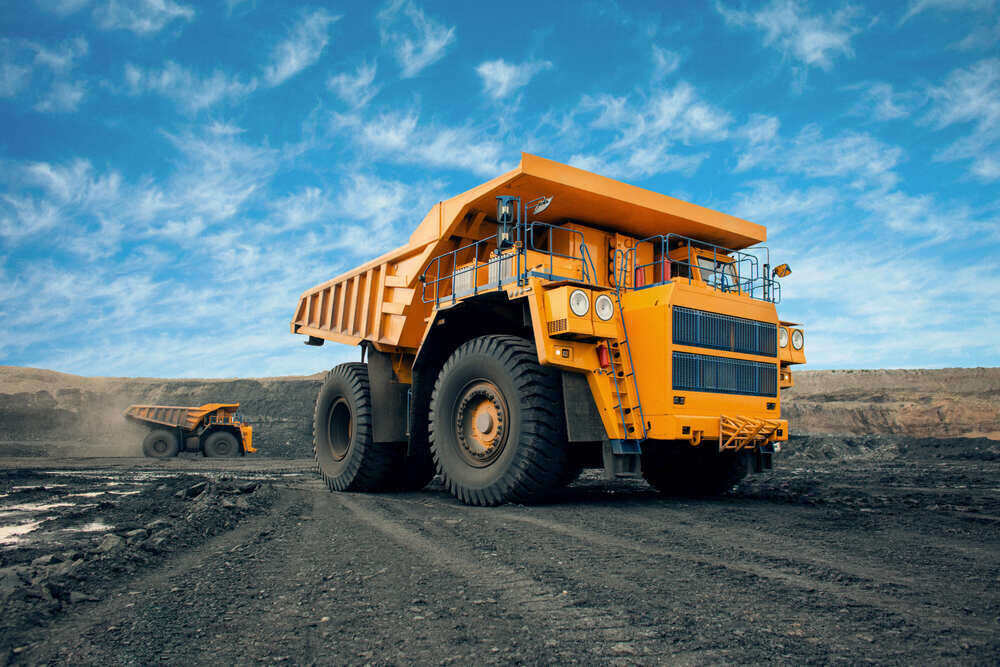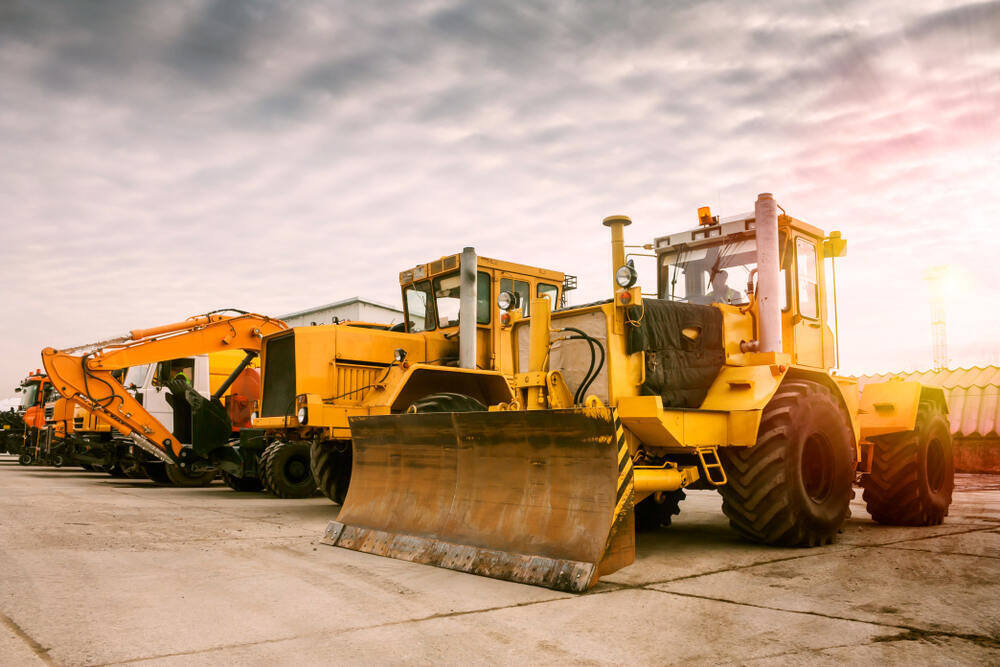
https://theheavyhaulingcompany.com/ In today’s rapidly evolving industrial landscape, the transportation of oversized and overweight cargo plays a crucial role in keeping projects on schedule and businesses running smoothly. Whether it’s moving massive construction equipment, industrial machinery, or specialized infrastructure components, heavy hauling requires more than just powerful trucks it demands expertise, planning, and specialized equipment.
If you’re involved in industries such as construction, agriculture, manufacturing, or energy, understanding the complexities of heavy hauling is essential. Partnering with a trusted company can make the difference between a successful delivery and costly delays or damage.
What is Heavy Hauling?
Heavy hauling refers to the transportation of loads that exceed the standard legal limits for weight, height, width, or length on public roadways. Unlike typical freight shipments, these loads are classified as “oversize” or “overweight” and often require special permits, pilot vehicles (escort cars), route planning, and customized equipment.
Common heavy haul cargos include:
- Construction machinery like bulldozers and cranes
- Agricultural equipment such as combines and tractors
- Industrial generators and turbines
- Modular buildings and oversized containers
- Bridge components, steel beams, and wind turbine blades
Because these shipments exceed standard sizes or weights, moving them safely and legally involves strict adherence to federal and state regulations.
Challenges of Heavy Hauling
Heavy hauling is a specialized industry because of the unique challenges it presents:
- Regulatory Compliance: Each state and municipality enforces different rules regarding the maximum allowable weights and dimensions, as well as permit requirements. Navigating this patchwork of regulations requires expertise.
- Route Planning: Oversized loads cannot always take the most direct route. Low bridges, narrow roads, or restricted zones require careful mapping of alternate paths.
- Safety Concerns: Due to their size and weight, these loads pose risks to the driver, other motorists, and infrastructure. Proper securing, escort vehicles, and risk management plans are mandatory.
- Specialized Equipment: Heavy hauling often involves the use of multi-axle trailers, hydraulic systems, or extendable flatbeds to support and stabilize the cargo.
- Timing and Coordination: Often, permits restrict travel to certain hours or days. Coordination with local authorities may also be necessary to ensure safe passage.

Why Choose a Professional Heavy Hauling Company?
Due to these complexities, hiring a specialized heavy hauling company is critical. Professionals in this field offer significant advantages:
- Expertise in Permitting and Regulations: Experienced companies handle all the paperwork and secure the necessary permits for interstate and intrastate transport.
- Customized Equipment and Technology: They use state-of-the-art trailers and securing devices tailored to the specific dimensions and weight of your cargo.
- Route Engineering and Planning: Leveraging knowledge of roadways, bridges, and traffic patterns to ensure safe and efficient travel.
- Safety Protocols: Trained drivers and escort vehicle operators manage risks proactively, protecting cargo, infrastructure, and the public.
- On-Time Delivery: By managing timing constraints and coordinating with authorities, they minimize delays and keep your project on track.
Industries Served by Heavy Hauling Specialists
Heavy hauling services are essential for a variety of sectors, including:
- Construction and Infrastructure: Transporting cranes, excavators, and building materials to job sites.
- Agriculture: Moving oversized farm equipment and irrigation systems.
- Energy: Shipping wind turbine blades, solar panels, and power generation equipment.
- Manufacturing: Delivering industrial machinery and modular factory components.
- Mining: Hauling mining equipment and heavy-duty trucks to remote locations.
Each industry has unique cargo types and timelines, requiring tailored solutions that only seasoned heavy hauling providers can offer.
How to Prepare for a Heavy Hauling Shipment
Planning ahead can smooth the heavy haul process and reduce unexpected costs:
- Assess Your Cargo: Know the exact dimensions, weight, and nature of your shipment. Identify any fragile or sensitive equipment.
- Engage Early: Contact a heavy hauling company during your project’s early phases to ensure ample time for permits and route planning.
- Clear Communication: Provide all details about pickup and delivery locations, timing restrictions, and any special handling requirements.
- Insurance Coverage: Verify insurance options with your hauling company to protect your cargo during transit.
- Review Permitting and Scheduling: Understand the permit conditions and planned travel windows to coordinate with your project timeline.

Conclusion
Heavy hauling is a critical, highly specialized service that demands precision, experience, and advanced resources. Whether you’re moving oversized construction machinery or delicate industrial equipment, partnering with a professional heavy hauling company ensures your cargo arrives safely, compliantly, and on schedule.